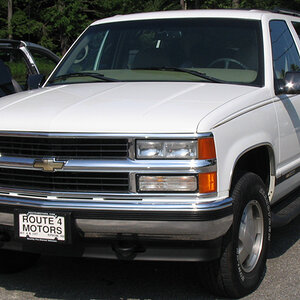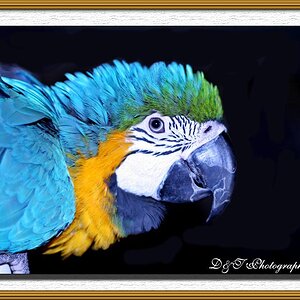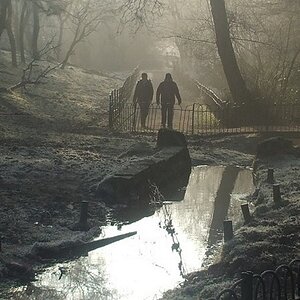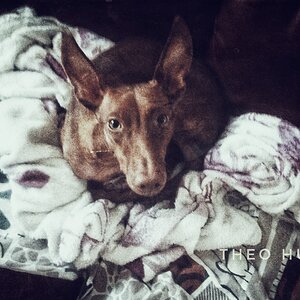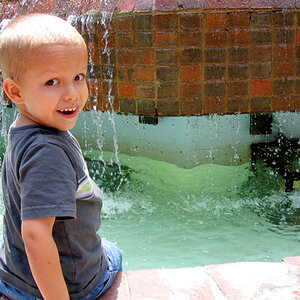Naturegirl
TPF Noob!
- Joined
- Mar 8, 2006
- Messages
- 64
- Reaction score
- 0
I can't believe I'm doing it, but I'm going to.
I should probably provide a little background on myself since I'm so scarce around here & lurk more than post when I'm actually here. I've been into photography for a good 10 years now. I know a little, have done a few professional jobs but have never really worked hard at perfecting my talent and I have a bit to learn. I have twins & work full time so I have limited time anyway.
I've decided to get a digital SLR. I'm going to have a studio in the next year or so & I have aspirations of doing some portrait stuff on the side, and MAYBE even dabbling in stock photography.
I know NOTHING about digital photography. I'd like to keep it not-so-pricey but want something that I can learn on and use for pro stuff if I end up having the time for it.
I've had my Rebel 2000 since 1999, I believe and have never had problems with it (til recently). And I think I want to go with Nikon this time.
Aside from the camera, what else should I get?
Thanks, in advance
I should probably provide a little background on myself since I'm so scarce around here & lurk more than post when I'm actually here. I've been into photography for a good 10 years now. I know a little, have done a few professional jobs but have never really worked hard at perfecting my talent and I have a bit to learn. I have twins & work full time so I have limited time anyway.
I've decided to get a digital SLR. I'm going to have a studio in the next year or so & I have aspirations of doing some portrait stuff on the side, and MAYBE even dabbling in stock photography.
I know NOTHING about digital photography. I'd like to keep it not-so-pricey but want something that I can learn on and use for pro stuff if I end up having the time for it.
I've had my Rebel 2000 since 1999, I believe and have never had problems with it (til recently). And I think I want to go with Nikon this time.
Aside from the camera, what else should I get?
Thanks, in advance



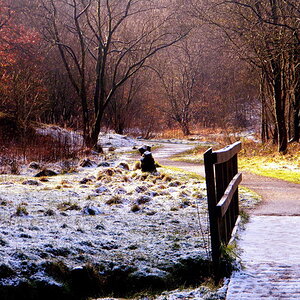
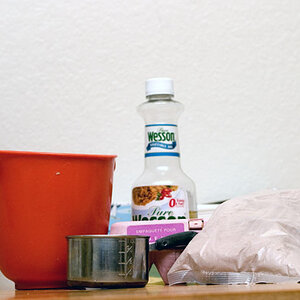
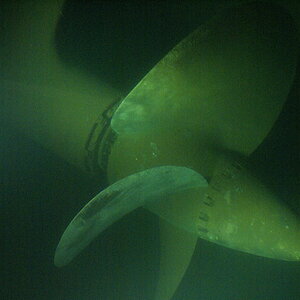
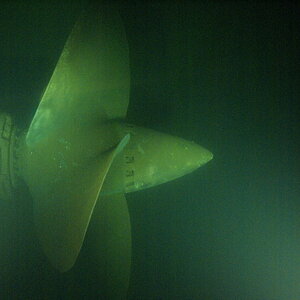
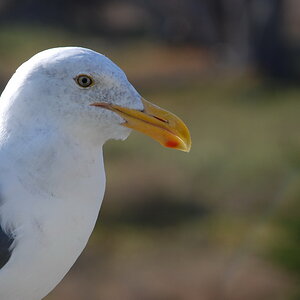
![[No title]](/data/xfmg/thumbnail/35/35947-ab35bfc67d8e12ce65dda301d3bf2b66.jpg?1619737255)
![[No title]](/data/xfmg/thumbnail/33/33495-c9bffdaa44506a6169a2faff5c7e086e.jpg?1619736004)
